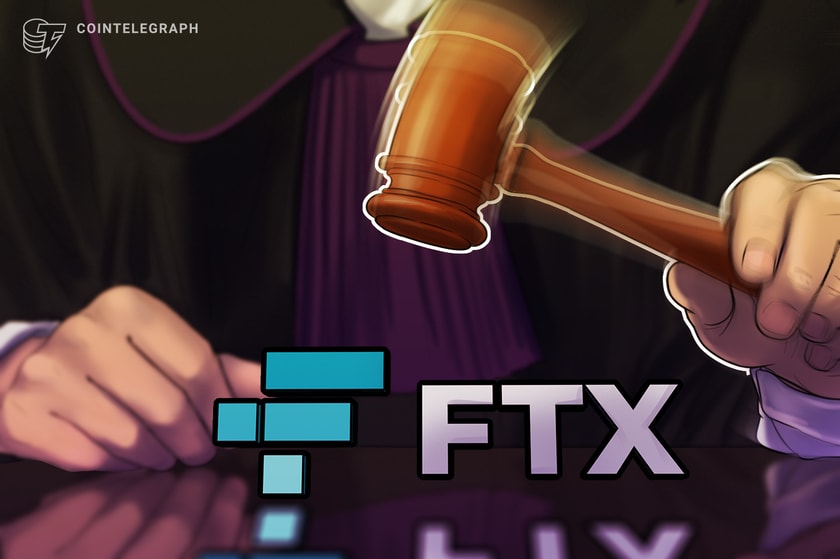FTX debtors and UCC clash over asset control in restructuring

FTX strongly criticized the UCC’s pursuit of asset control, as it recommended that debtors allocate nearly $2.6 billion from cash reserves into short-term Treasuries.
FTX debtors led by chief restructuring officer John J. Ray III have expressed disapproval of traders and market makers within the Official Committee of Unsecured Creditors (UCC) who are aiming to gain authority over assets. They believe the UCC’s plan to invest nearly $2.6 billion in cash reserves in short-term Treasuries is a bad idea amid FTX 2.0 draft restructuring plan.
In a court filing dated August 9, FTX issued a response to the UCC’s commentary regarding the reorganization and term sheet proposal. FTX strongly criticized the UCC’s pursuit of asset control, particularly as it recommended that debtors allocate nearly $2.6 billion from cash reserves into short-term Treasuries, aiming to cover professional fees amounting to as much as $330 million.
Disputes have emerged between the UCC and debtors due to creditors asserting insufficient consultation and significant fund depletion by FTX during the bankruptcy filing. Nevertheless, the Securities Exchange Commission (SEC) expressed dissatisfaction with the limited engagement and unprofessional behavior displayed by numerous UCC members.
FTX’s restructuring unit has reclaimed approximately $7 billion in liquid assets from the initial $8.7 billion owed to customers when the exchange entered bankruptcy proceedings. Certain creditors and specialists have reacted to FTX’s recent submission, contending that the debtors are impeding the reorganization process and refuting assertions made by the UCC.
Related: Trust and transparency: Key trends in the CEX space post-FTX
The debtors unveiled a strategy for the relaunch of FTX 2.0, as FTX CEO John Ray endeavors to finalize all agreements and outstanding remuneration to facilitate the launch. Kraken CEO Jesse Powell expressed skepticism about FTX 2.0, asserting that it’s “more challenging than commencing anew,” citing the lack of a team, technology, licenses, and the impairment of the brand’s reputation.
Meanwhile, FTX has submitted a request for the dismissal of the Chapter 11 bankruptcy proceedings involving FTX Exchange FZE (FTX Dubai), contending that the exchange never initiated the provision of cryptocurrency-related services to investors.
Magazine: Can you trust crypto exchanges after the collapse of FTX?




